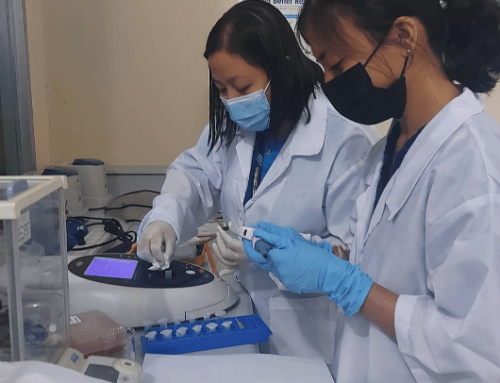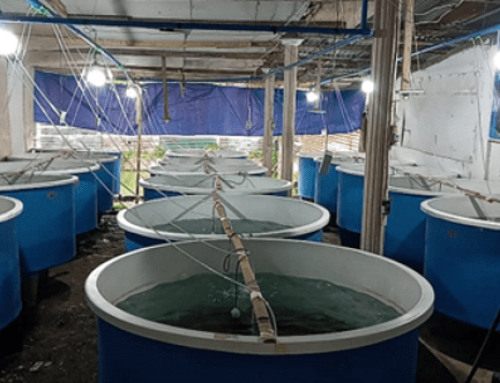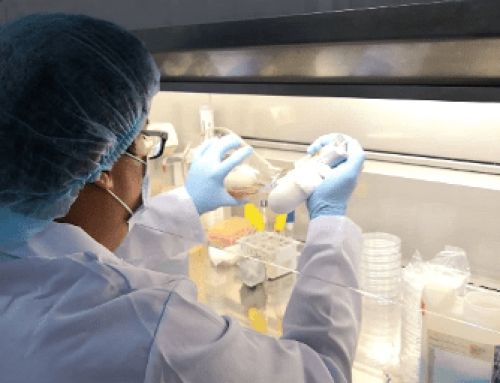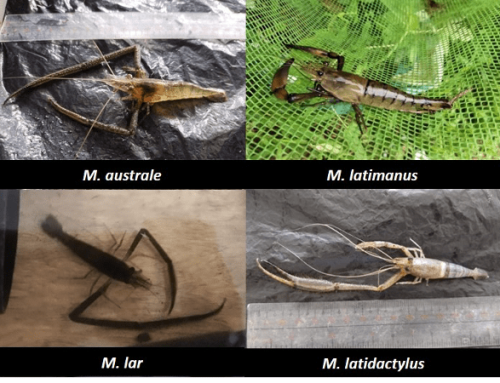In this Article

Shrimp aquaculture is considered globally as an economically important industry, providing a major source of livelihood especially in countries with large coastal areas such as the Philippines. However, a bacterial disease such as Acute Hepatopancreatic Necrosis Disease (AHPND), formerly known as Early Mortality Syndrome (EMS), contributes to the decline in shrimp production.
The LAMP assay has been used in the point-of-care diagnosis of some pathogenic diseases in humans. In fact, this type of assay is highly applicable to all types of detection assays that use DNA as biological samples as long as specific primers have been designed, tested and well established. This technology is extended to the detection of Philippine isolates of the V. parahaemolyticus, a bacterium which have been found out to have a plasmid that encodes certain toxin that cause AHPND, and ultimately caused severe mortality and injured the Philippine shrimp aquaculture industry. This simple, low cost and rapid diagnostic kit may readily be used by research facilities, universities, government agencies and large/small scale shrimp farms with interest in disease detection in the laboratory or field. This study aims to facilitate the use of a practical and cost-effective heat block machine to be used in the application of LAMP in shrimp farms. Specifically, it aims to produce and test the JAMP Alert AHPND Detection kit and heatblock machines; introduce the JAMP Alert AHPND Detection kit and heatblock to shrimp hatcheries and farms; and evaluate the field application in terms of efficacy and cost-effectiveness.








